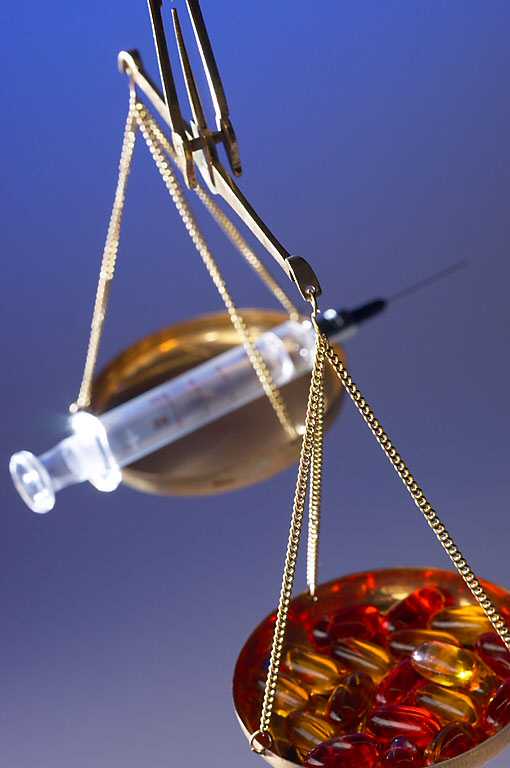How to tackle the counterfeiters? Target their profits!
Phil Taylor, 13-Jul-2009
 Three more people have been sentenced as a result of a UK operation, masterminded by the Medicines and Healthcare products Regulatory Agency (MHRA) which broke up a counterfeit drugs ring.
Three more people have been sentenced as a result of a UK operation, masterminded by the Medicines and Healthcare products Regulatory Agency (MHRA) which broke up a counterfeit drugs ring.
The operation has seen sentences passed down equating to a collective total of 17.5 years imprisonment and confiscation orders to the sum of over £3m (€3.45m).
That provides a case study of the kind of enforcement action that can be achieved, even in the absence of a specific offence for medicines counterfeiting.
The MHRA has been pushing for such an offence to be added to the statute, along with stiffer penalties for those involve in the trade (see MHRA unveils feedback on anti-counterfeit measures).
The seven members of the gang had been charged with a number of offences associated with the supply of fake versions of Pfizer’s Viagra (sildenafil), Eli Lilly’s Cialis (tadalafil) and Merck Sharp & Dohme’s hair-loss treatment Propecia (finasteride). They were part of the UK distribution arm of a global ring operating from China, India and Pakistan, extending to the Caribbean and the USA.
The operation – codenamed Stormgrand - was set up by the MHRA in 2005 after a series of counterfeit seizures, valued at around £1.5m (€1.73m), were made at UK airports.
Proceeds of Crime
Custodial sentences for counterfeiting are not severe enough in the UK – for example the latest convictions included one 12-month sentence suspended for two years – so enforcement agencies are increasingly relying on other legal avenues.
The latest case provides evidence of potency of the Proceeds of Crime legislation as a weapon in the legal arsenal.
Detective chief inspector Nick Downing of the London Regional Assets Recovery Team (RART), which carried out the financial investigation alongside the MHRA, said: “This operation demonstrates the full power of the Proceeds of Crime Act and reinforces our commitment in combating this serious criminality."
Critically, the measure targets the profits of criminal activity and is not limited to the value of seized goods or the direct cash received from them. It can be extrapolated to include assets, such as property, that the criminal goes on to purchase with the profits from that criminal activity.
And even while investigations are underway assets can be frozen, with defendants limited to a modest allowance for living and legal expenses.
In an earlier interview with SecuringPharma.com, Leam Thompson, an asset forfeiture consultant at UK law firm BDO Stoy Hayward, made a convincing case to use Proceeds of Crime in counterfeiting cases.
“At worst, prosecuting under the Proceeds of Crime legislation disrupts the activities of counterfeiters. At best it can deter them from the activity,” she said.
Confiscation orders can amount to hundreds of thousands of pounds for an individual, and it is not unusual for the courts to seize all a person’s assets, according to Thompson.
In addition, confiscation orders can in themselves provide a route to imprisonment. For example, non-payment of an order valued at over £1m carries a term of up to 10 years in jail, and this would run consecutively to any other term of imprisonment.
“This is a very powerful deterrent,” said Thompson. But there is a need for pharmaceutical companies to show willingness to prosecute – in the past there has been some reluctance to do so, perhaps for fear of publicly conceding that counterfeiting is a problem for their businesses.
“The courts are ready to enforce this,” she said.

©
SecuringIndustry.com




 Three more people have been sentenced as a result of a UK operation, masterminded by the Medicines and Healthcare products Regulatory Agency (MHRA) which broke up a counterfeit drugs ring.
Three more people have been sentenced as a result of a UK operation, masterminded by the Medicines and Healthcare products Regulatory Agency (MHRA) which broke up a counterfeit drugs ring.